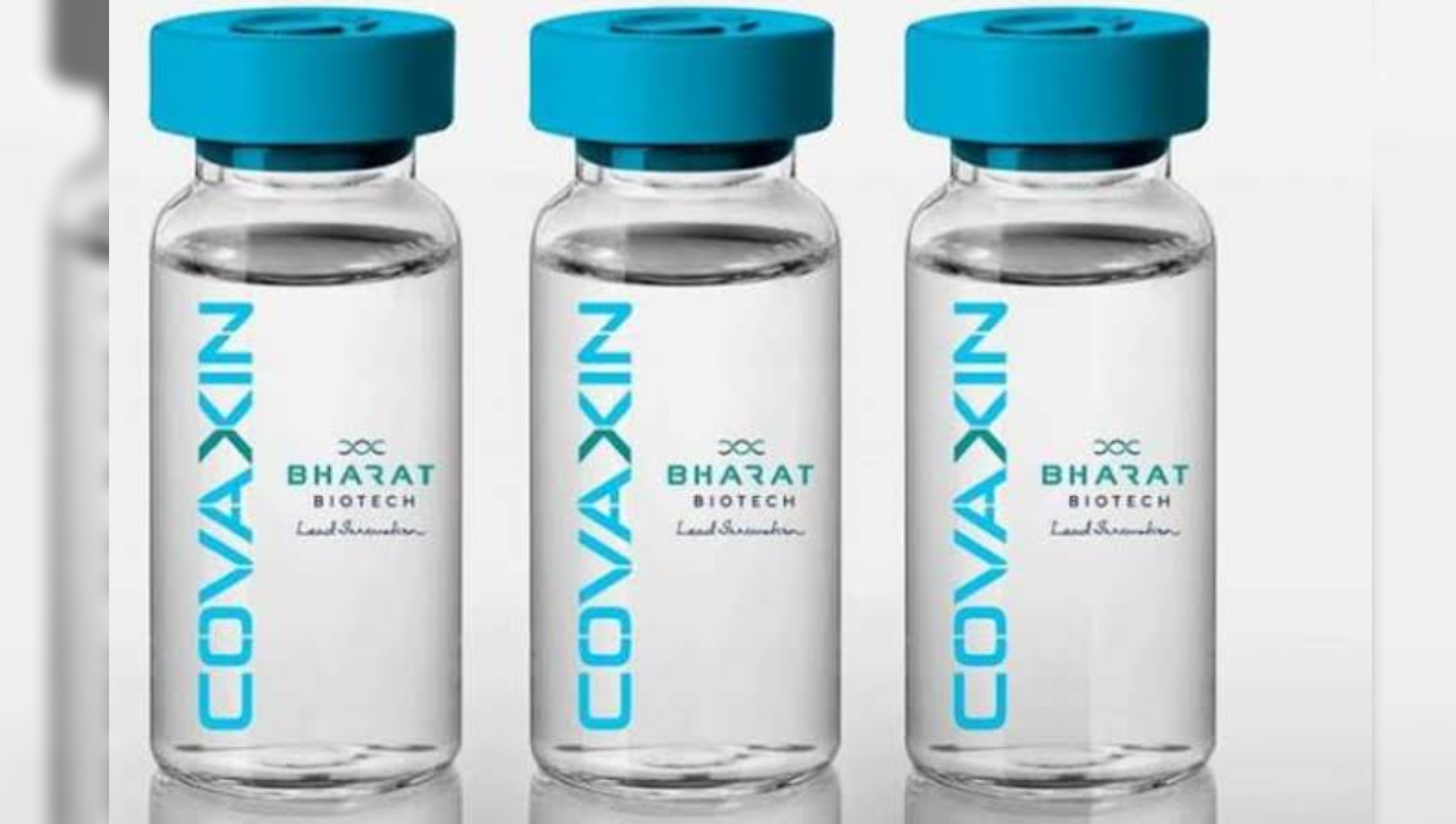Bharat Biotech International Limited (BBIL) on Monday said that it has completed the phase III trials and booster doses for the Covaxin Intranasal Covid-19 vaccine.
Suchitra K Ella, Joint Managing Director, Bharat Biotech, said, “On this 75th Independence Day, we are proud to announce the successful completion of clinical trials for BBV154 intranasal vaccine.”
“We stay committed and focused on innovation and product development; this is yet another achievement for the multidisciplinary teams at Bharat Biotech. If approved, this intranasal vaccine will make it easier to deploy in mass immunization campaigns with an easy-to-administer formulation and delivery device,” Ella said.
“Vectored vaccines also enable faster development of targeted vaccines in response to emerging variants of concern. We hereby thank the volunteers, principal investigators, and clinical trial personnel for all their efforts,” she added.
BBIL, which manufactures the COVID-19 vaccine Covaxin, said that two separate and simultaneous clinical trials were conducted to evaluate the intranasal vaccine as a primary dose (2-dose) schedule.
Trials for a heterologous booster dose for subjects who have previously received two doses of the two commonly administered Covid-19 vaccines in India were also conducted.
The company also said that data from both Phase III human clinical trials has been submitted for approval to the National Regulatory Authorities.
The primary dose schedule was conducted for safety and immunogenicity in 3100 subjects and was compared with COVAXINÒ. The trials were conducted at 14 trial sites across India.
While the heterologous booster dose studies were conducted for safety and immunogenicity in 875 subjects, a booster dose (3rd dose) of BBV154 intranasal vaccine was administered to study participants who were previously vaccinated with licenced Covid-19 vaccines. The trials were conducted at 9 trial sites across India.
As per Bharat Biotech’s website, “An intranasal vaccine stimulates a broad immune response neutralising IgG, mucosal IgA, and T cell responses and creates an immune response at the site of infection (in the nasal mucosa) essential for blocking both infection and transmission of Covid-19.”
Being an intranasal vaccine, BBV154 may produce local antibodies in the upper respiratory tract, which may provide the potential to reduce infection and transmission.

